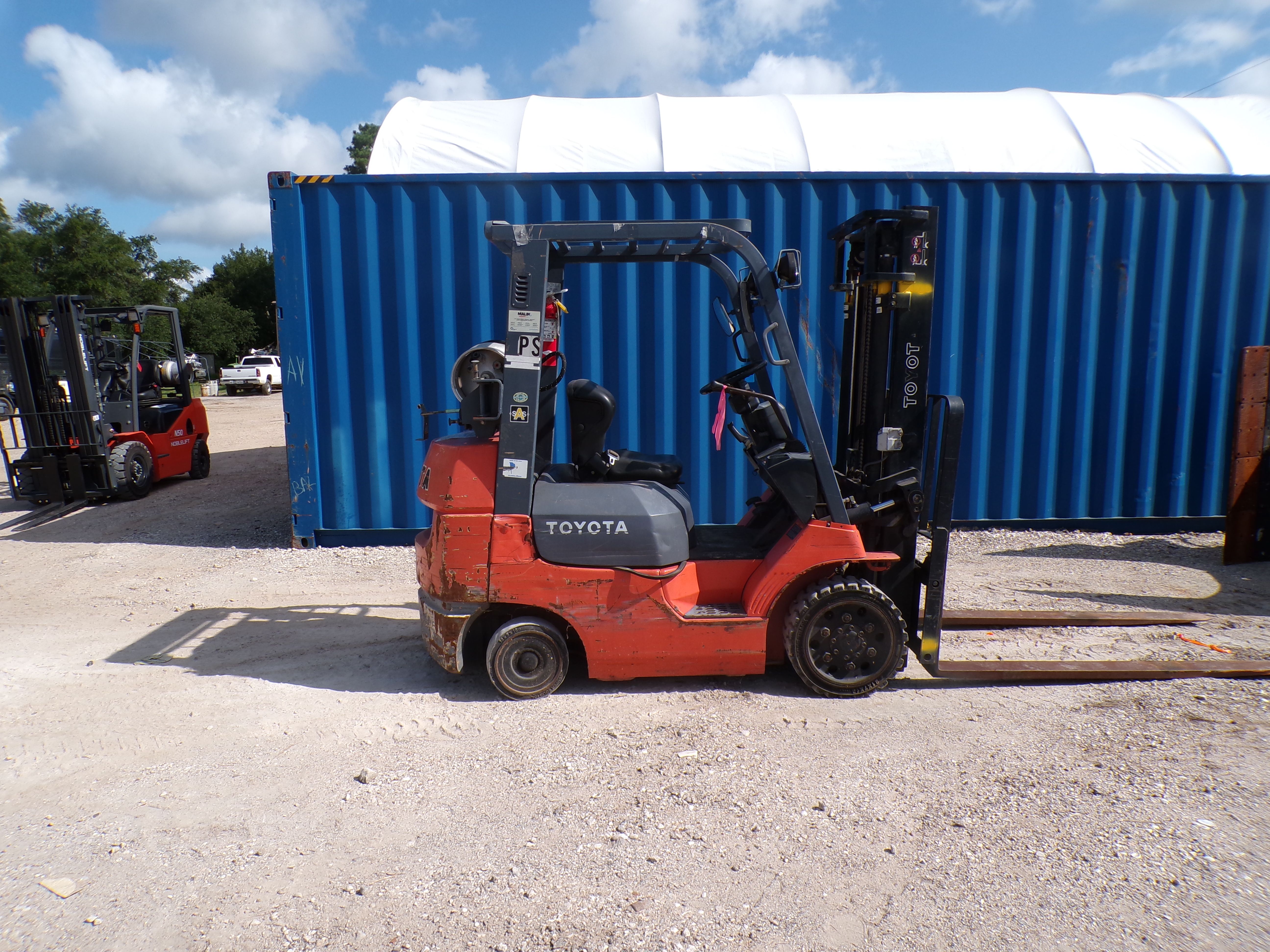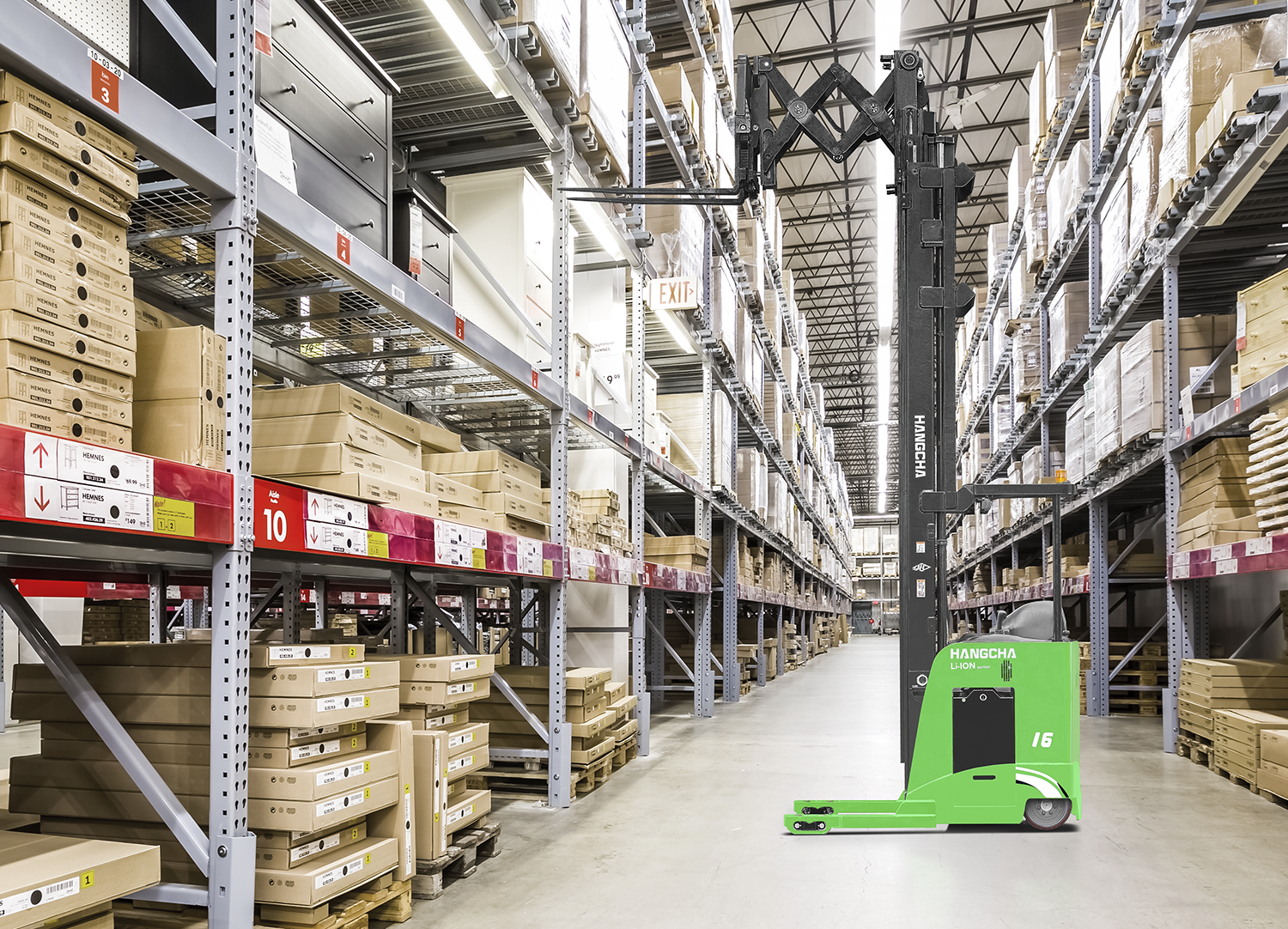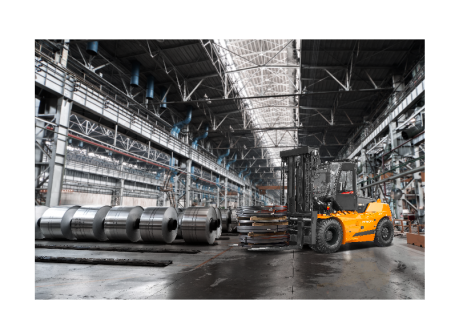Choosing between renting and purchasing material handling equipment is a crucial decision that can significantly impact your business operations. At Texas Equipment Source, we recognize the importance of making the right choice when it comes to your equipment needs. Whether it’s deciding on a forklift rental or weighing the costs of owning equipment, making the correct decision can enhance your operational efficiency and save you money in the long run.
In industries such as logistics, construction, and warehousing, material handling equipment is essential for moving goods and materials. Whether it’s for a short-term project or a long-term operation, the decision to rent or buy material handling equipment is pivotal. This choice affects financial planning, operational efficiency, and flexibility.
Here’s what you need to know when deciding between renting and purchasing equipment and how to navigate the different factors to make an informed decision.
The History and Importance of Equipment Rental vs Purchase
The comparison between renting and purchasing equipment has been a significant discussion in the industry for decades. Early on, owning heavy machinery was considered a symbol of success and stability in business. However, over time, businesses realized that ownership didn’t always offer the flexibility and financial viability that renting could provide.
As businesses began to look for ways to reduce upfront costs, renting equipment became an attractive option. The rise of equipment rental options allowed companies to meet their immediate needs without committing to the high costs of purchasing machinery. This shift toward renting created the need for a comprehensive heavy equipment buying guide that could help businesses weigh the long-term benefits of ownership against the flexibility of renting.
Today, whether you’re considering purchasing a forklift or renting an excavator, the decision depends on several factors, such as how often the equipment will be used, the costs associated with ownership, and your business’s financial situation.
Illustrative Examples of Rental vs Purchase Decisions
To better understand the rental vs purchase dilemma, let’s look at two examples:
- Renting for Short-Term Projects: Imagine a small construction company that is bidding on a short-term project. Renting material handling equipment, such as forklifts or excavators, makes sense in this case. Renting reduces the company’s upfront costs and eliminates the need for long-term maintenance or storage, making it easier to keep costs low while still meeting project deadlines.
- Purchasing for Long-Term Operations: On the other hand, a large warehouse that needs forklifts year-round may benefit from purchasing its equipment. The continuous use of forklifts justifies the upfront cost, as purchasing the equipment will save money over time compared to renting. With the equipment always on hand and no ongoing rental costs, the business can maintain full control over maintenance schedules and equipment usage.
Texas Equipment Source offers both rental and purchase options, giving businesses the flexibility to choose what works best for their operational needs. Our team of experts helps businesses assess their unique situation and determine whether it’s more cost-effective to rent or purchase equipment.
When to Rent vs Buy Material Handling Equipment
When it comes to deciding whether to rent or purchase material handling equipment, there are several factors to consider:
- Frequency of Use: If the equipment will be used regularly for a long-term project, purchasing may be the most cost-effective option. However, if you only need the equipment for a short-term project or seasonal work, renting may be a better option. Renting allows businesses to access the equipment they need without the long-term commitment.
- Initial Investment and Operating Costs: Buying equipment requires a significant upfront investment. However, the long-term savings can be substantial, especially if the equipment is used frequently. In contrast, renting allows you to avoid high upfront costs but can result in higher overall expenses if the equipment is needed for an extended period.
- Maintenance and Repairs: When you own equipment, you are responsible for its maintenance and repairs, which can be costly and time-consuming. Renting, on the other hand, typically includes maintenance and repairs, so businesses don’t have to worry about unexpected costs or downtime.
- Storage and Space: If you don’t have adequate storage space for the equipment, renting might be the better option. This is especially true for businesses that only need equipment on a temporary basis and don’t want to deal with the logistics of storing large machinery.
The Takeaway: Making the Right Decision
Deciding between renting and buying material handling equipment is not a decision to take lightly. Whether it’s a forklift rental decision or a long-term investment in heavy equipment, the choice will have long-lasting effects on your business. At Texas Equipment Source, we understand that every business is different, which is why we offer both rental and purchase options to suit your unique needs.
By carefully considering the frequency of use, costs, maintenance requirements, and storage needs, you can make an informed decision that ensures your business operates efficiently and cost-effectively.





